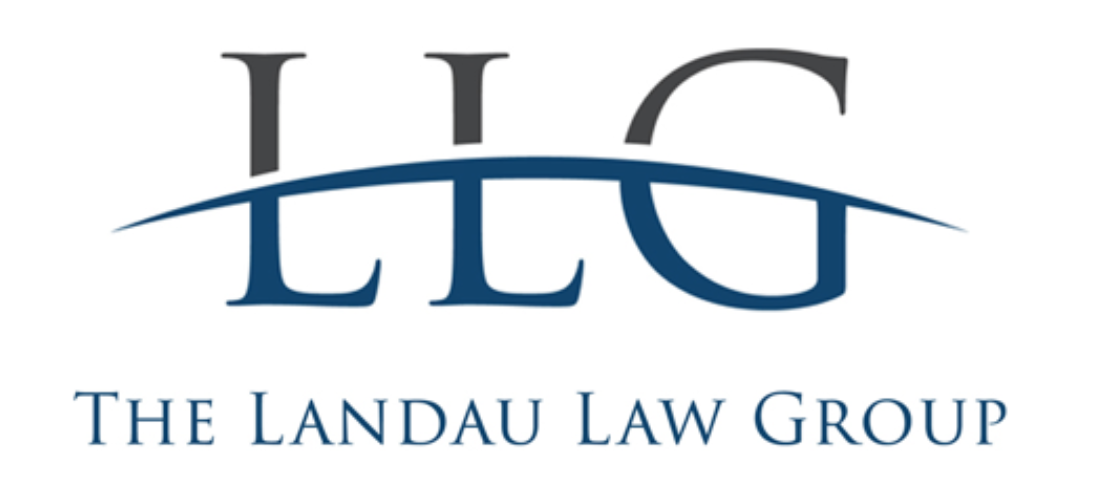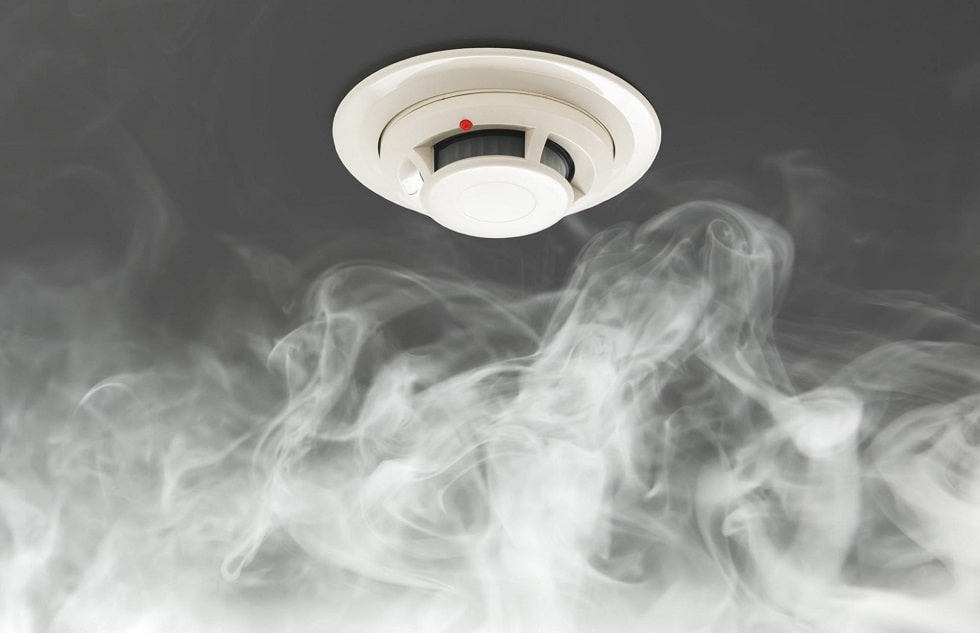Fires in your home can start very easily, and it is important for a homeowner to know how to avoid them.
Here are the most common fire hazards in households and what you can do to avoid them.
Common fire hazards and how to avoid them
Laptops
Laptops are known for overheating. As technology progresses, most laptops have automatic shut-down features that stop them from overheating. But, just in case, we would recommend not charging laptops on blankets, pillows, comforters, or any sort of bedding that can be caught on fire. A blanket can ignite your home within minutes.
Dryer Lint
Make sure you are cleaning the lint trap in your dryer or else you could be a victim of a dryer fire. Lint gets built up near motors and heating devices in driers. There are thousands of house fires per year that start just from dryer lint.
Barbeques or Grills
Grilled food is a very common American meal, but it can also be very dangerous to make. Grills can catch fire to your house when kept close enough and are known for catching patio furniture, awnings, and backyards on fire as well. Keep your grill a safe distance from anything of value. Barbequing food can spark unpredictable flames and in turn, cause lots of property damage. When done grilling, be sure that the grill is turned off.
Dust Bunnies
Yes! Even dust is a fire hazard. It ignites quickly when near a spark. Make sure areas by electrical sockets are especially clean, as that is where most dust fires can start.
Hair Styling Tools
A majority of households own some sort of hair straightener, curler, or hairdryer. If you do own one, you know how easy it is to forget to unplug them. A straightener heats up to 400 degrees on average. Make sure you don’t leave them running and place them on a heating mat to cool down after use.
Candles
One of the more obvious fire-starters in homes is candles. They smell great but can be super dangerous when left unattended. People make mistakes and the moment you leave a candle next to a cardboard box, your house could be in flames. Avoid candle fires by blowing out and covering your candle with the lid after use. Also keep candles away from flammable materials while they are lit.
Smoking
Not only is smoking bad for you, but it is also bad for your home. Butts of cigarettes can stay lit for hours even if you thought they were put out. Keep cigarettes away from bedrooms specifically, as bedrooms tend to cause the most smoking-related fires. Cigarettes may get thrown into sheets accidentally, causing a fire if it is still lit. To avoid smoking fires entirely, don’t smoke inside of your house.
Fireplaces
If used incorrectly, fireplaces can start deadly fires. Make sure your chimney is clean before lighting the fireplace and do not leave it lit when the house is unattended.
More Hazards
The hazards that were listed are just the beginning. Here are a few more just to keep in mind:
- Cooking
- Frying with oil
- Fairy lights
- Bad wiring
- Christmas trees
- Flammable liquids
- Stashes of paper
- Cluttered kitchens
- Crumbs in toaster
Avoiding Fires in your Home
The biggest thing you can do to avoid a house fire is to keep your home clean! Dust, declutter, and don’t store things like paper or flammable liquids in spots with fire hazards.
Be careful when cooking and make sure you own a fire extinguisher. Even the most experienced chefs can make mistakes.
Keep an eye on young children. Stove knobs are easy to turn. Electrical sockets are low to the ground, making them easy to mess with. And teach your children about fire safety in general.
Test smoke alarms often. If there is a fire, it is important you get out of the house as quickly as possible. Make sure batteries are changed when needed.
Property Damage Lawyers at Landau Law Group
If you or someone you know has recently suffered a house fire, have them contact Landau Law Group today for a free consultation regarding the case.
Property Damage Blog Posts
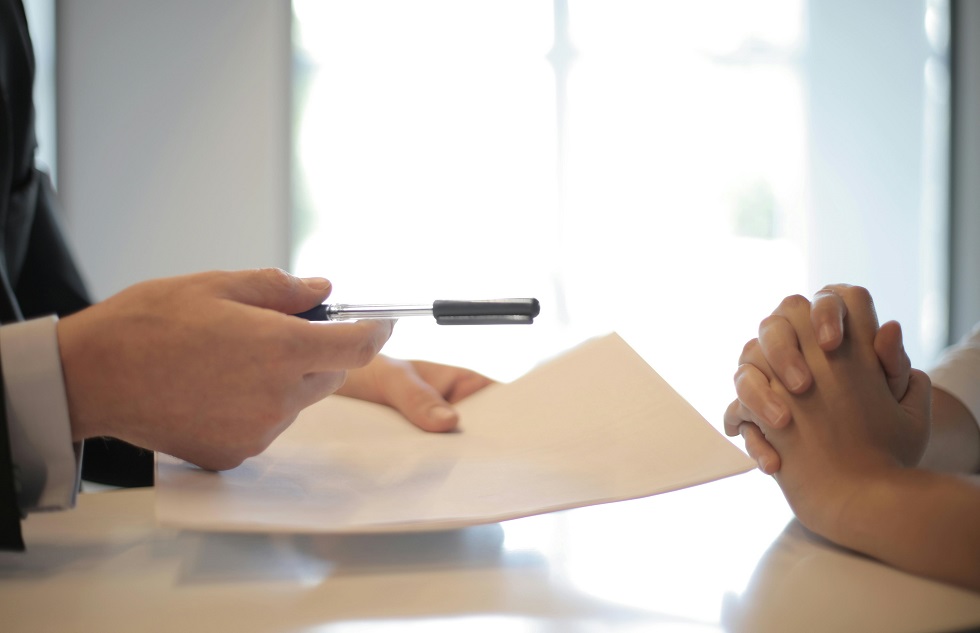
What Is Property Damage Liability Insurance (PDL) in Florida
As drivers, we all hope to never be involved in a car accident. However, accidents can happen to anyone, even the most cautious drivers. If you cause an accident, you will be held responsible for any property damage or injuries that occur. This is where property...
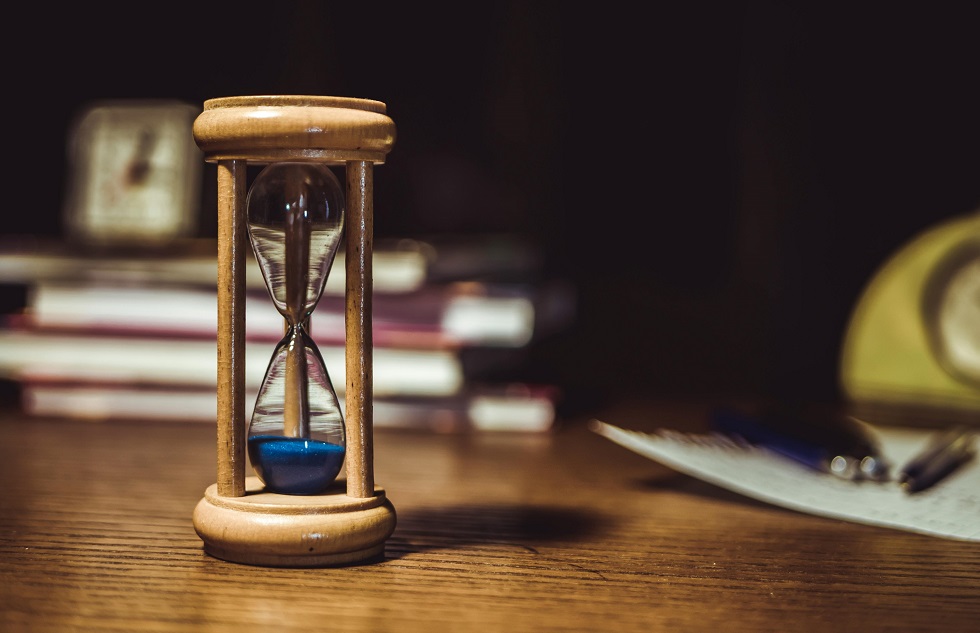
How Long Does an Insurance Company Have to Settle a Hurricane Claim in Florida?
When it comes to hurricane damage in Florida, insurance claims are a common occurrence. However, many people are left wondering how long it takes for an insurance company to settle a hurricane claim. The answer to this question is not always straightforward, as it can...
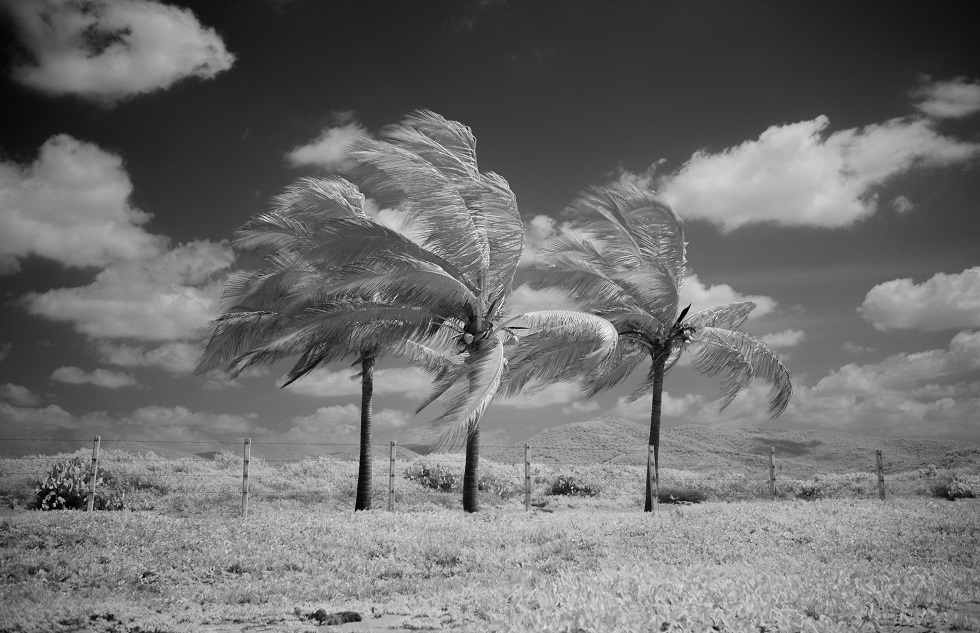
How to File a Hurricane Insurance Claim in Florida
Filing an insurance claim after a hurricane can be a daunting task, especially if you're a Florida resident. With the increasing frequency of hurricanes in Florida, homeowners need to know how to file a hurricane insurance claim effectively. In this blog post, we will...
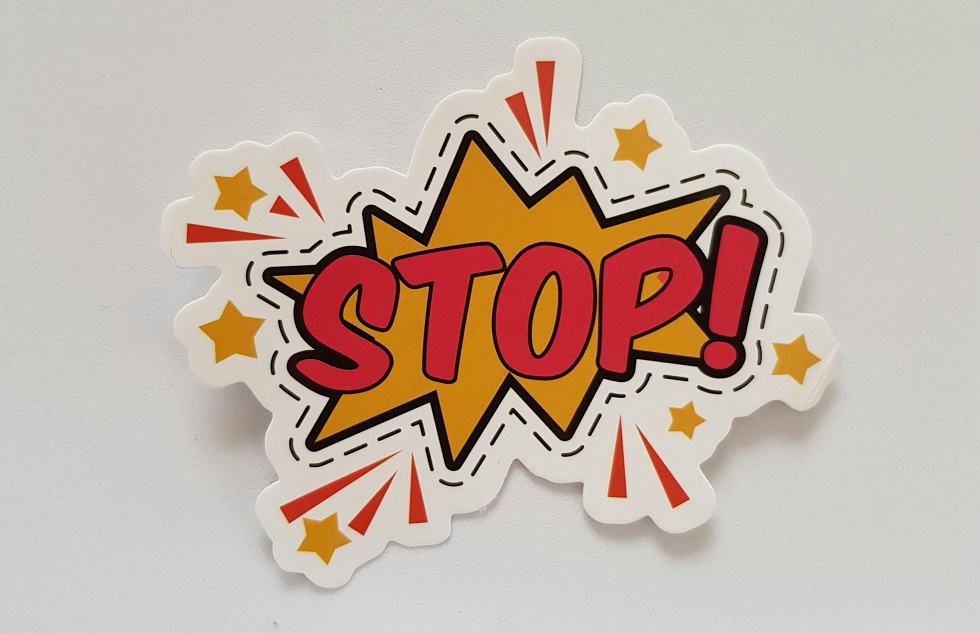
Can You Cancel An Insurance Claim?
Canceling a Home Insurance Claim: Impact on Future Premiums As a Florida homeowner’s insurance policyholder, filing a property damage claim can be a stressful and time-consuming process. However, circumstances may arise where you need to cancel your claim. The...
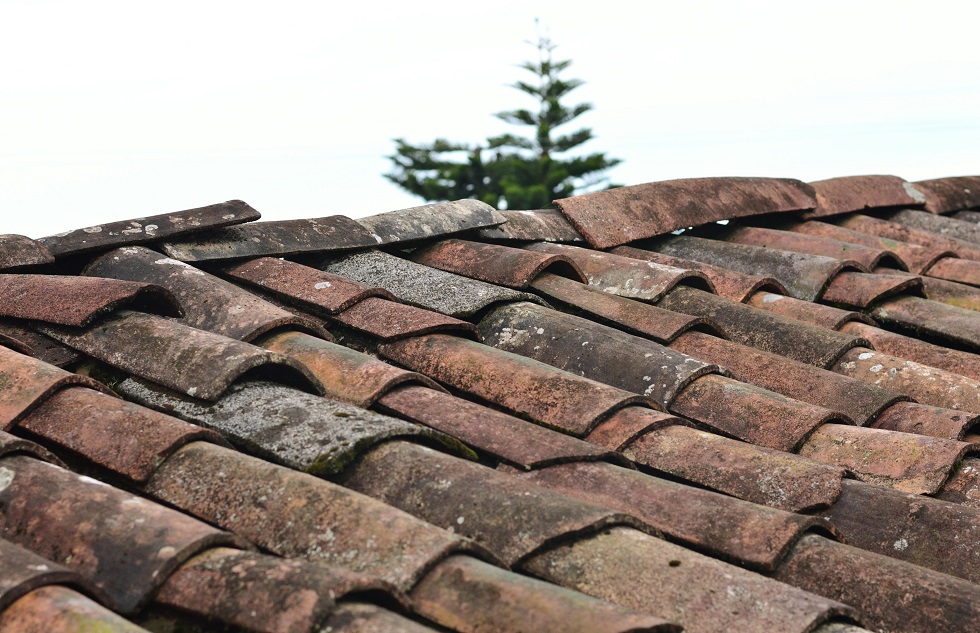
Will My Homeowners Insurance Go Up If I File a Roof Claim?
As homeowners, we all want to protect our property and assets from any unforeseen damages. This is why we invest in homeowners insurance policies that cover a wide range of damages, including roof damage. However, many of us are hesitant to file a roof claim because...
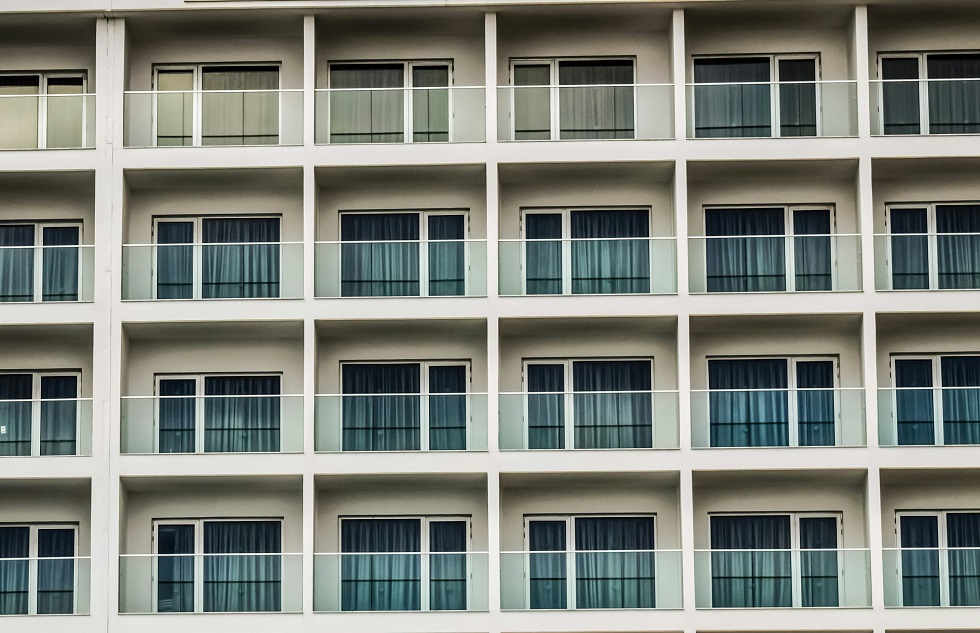
Condo Property Insurance Claims in Florida
Condo property insurance claims can be a complicated process, especially in Florida. With its location on the Atlantic and the Gulf of Mexico, Florida is prone to extreme weather events such as hurricanes, which can cause significant damage to condominiums. As a...
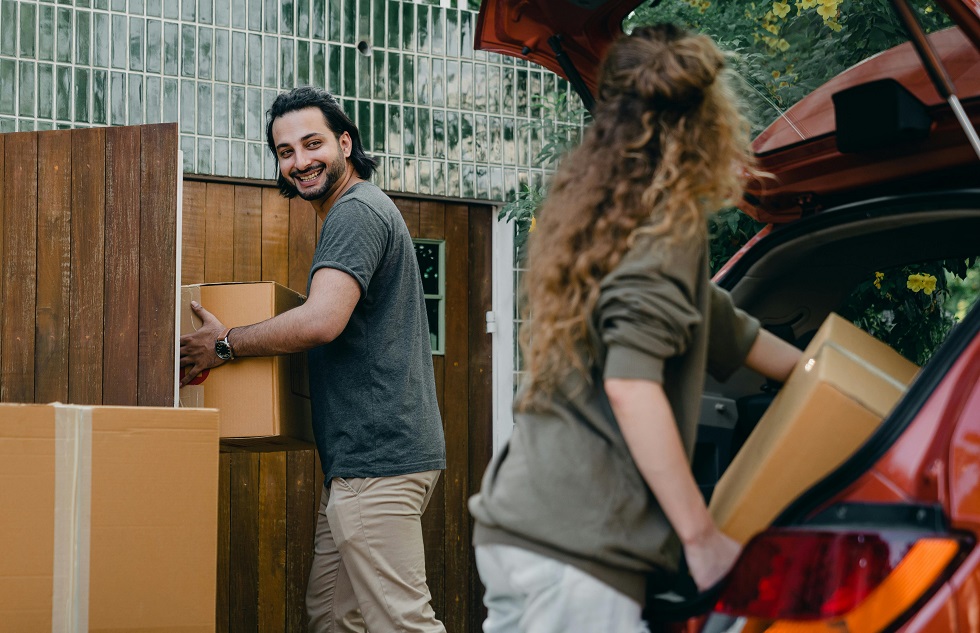
Renters Insurance For Florida Hurricane Coverage
Learn about the ways that renters insurance can help protect you after hurricane damage Renters insurance is a type of insurance policy that covers the personal property and liability of a renter. It can provide peace of mind in the event of a disaster, such as a...
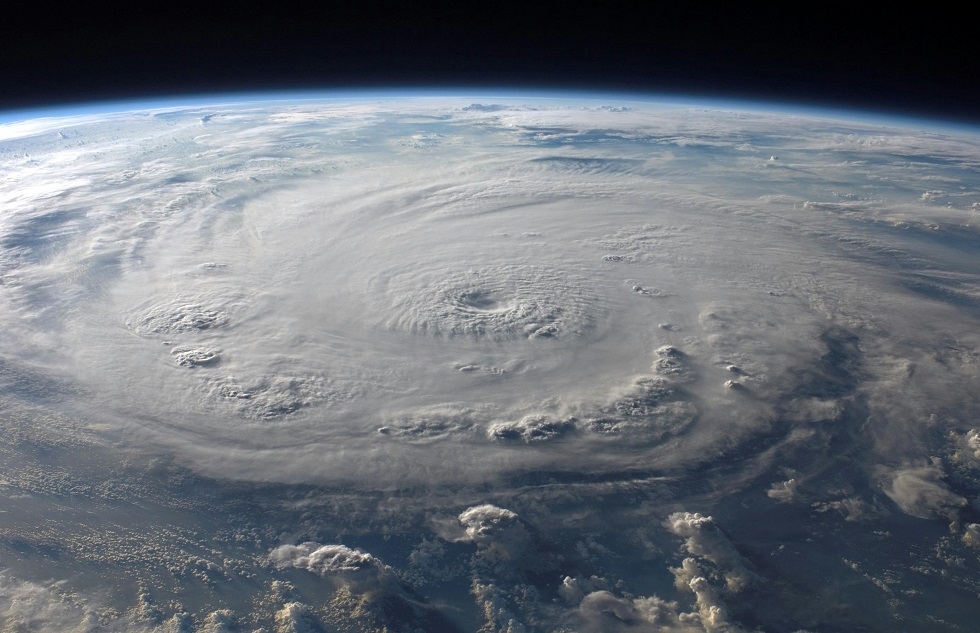
When Is Hurricane Season 2024 Florida?
Learn about the 2024 Florida Hurricane Season, including when it takes place, how bad it may be, and how to prepare The Atlantic hurricane season is a yearly occurrence that affects the East Coast of the United States, particularly Florida. The 2024 hurricane season...



